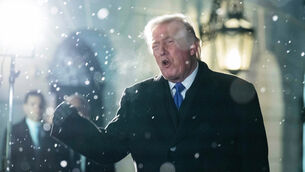Election workers accused of cheating Mugabe
Zimbabwe’s Robert Mugabe was feared to be stepping up his fraudulent campaign to cling on to power with the arrest of five election officials today.
They have been charged with fixing results against the president, an accusation observers say could be part of an attempt to switch more votes to Mugabe.














